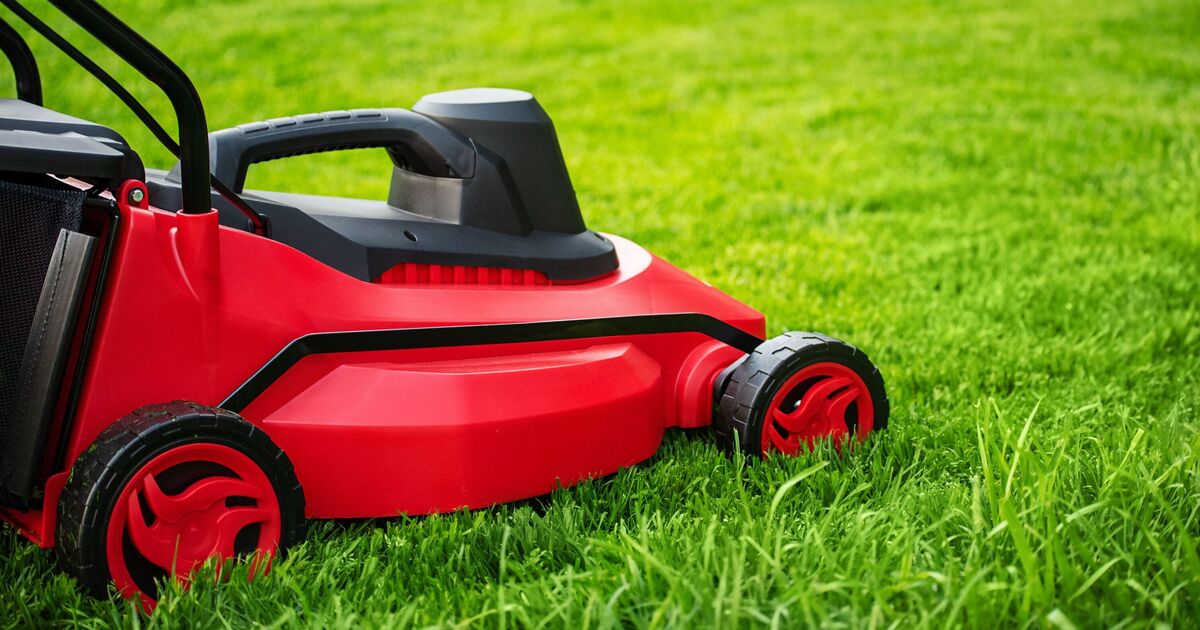Water-logged grass is often infested by mushrooms, with many people wondering how to combat the problem.
However, mowing a lawn without removing fungus properly beforehand can cause an infestation, according to Timothy Greene, a grass expert at iCANLAWN.
He said: “Mushrooms are a common issue for lawns in the UK, with the often wet weather we have and lawns not always having time to drain properly.
“Mushrooms do have some benefits for grass so it can be down to personal preference whether you remove them or not.
“But some types can pose a threat to curious pets who might try to eat them, and they can create an unsightly appearance on your otherwise green lawn.”
Exposing mushroom spores enables them to disperse and grow in new places, with a lawnmower aiding this process.
The expert warned Britons should check their lawns before mowing to ensure they have all been removed first.
Timothy noted: “Pull them out by the stem or better yet dig them out to ensure your mower blades can’t reach them.
“Removing them by the stem doesn’t ensure they won’t come back at some point, they’re likely to grow when damp conditions return.
“Aerating your lawn can help improve its drainage and prevent fungi from growing.
“You can apply a fungicide or nitrogen-rich fertiliser to combat the habitat that mushrooms love. This will fight the fungi and feed your grass to promote long-term healthier growth.”
However, it is possible for mushrooms to reappear if gardeners have not corrected the dampness and drainage problems in their garden.
Reducing shade on the lawn can help it dry out so make sure to remove any debris and trim back any overhanging branches which could be blocking the sunlight from the grass.
Thatched-up lawns are also likely to attract mushroom growth, according to the expert.
The lawn pro continued: “Removing areas of built-up dead grass will help stop a fungi takeover in your garden.
“Thatch will also stunt your living grass’ ability so it’s important to rake your lawn to get rid of this.”











